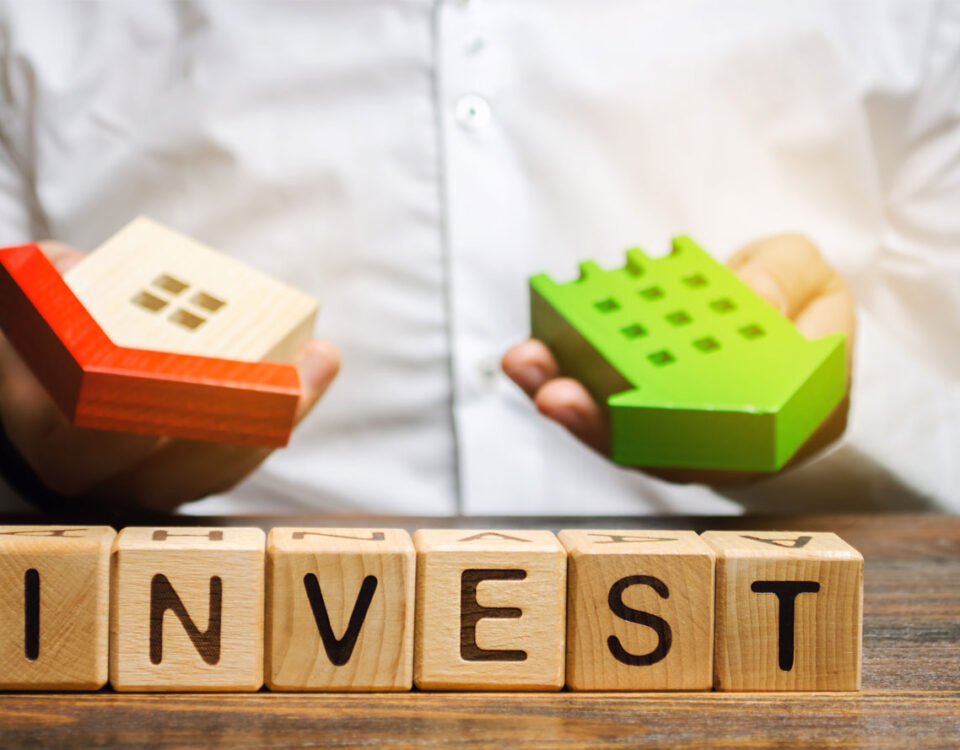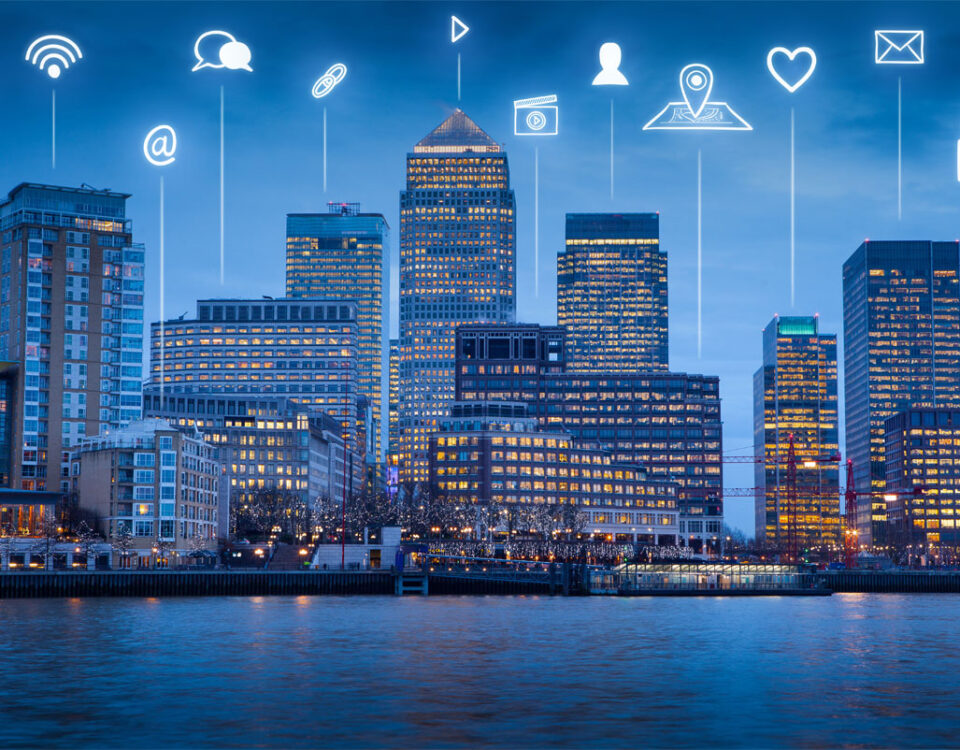What is the Future of Real Estate in Pakistan in 2023?
Introduction:
The real estate sector in Pakistan has witnessed significant growth and transformation in recent years, and as we move into 2023, the industry's future looks promising. Various factors, including economic development, urbanization, government initiatives, and technological advancements, are shaping the landscape of real estate in the country. This article explores the future of real estate in Pakistan in 2023, highlighting key trends, challenges, and opportunities in the sector.
1. Economic Growth and Stability (H1)
One of the primary factors influencing the real estate market in Pakistan is the overall economic growth and stability of the country. A robust economy is likely to increase consumer confidence, leading to a rise in property demand and investments. As Pakistan's economy continues to show signs of growth, the real estate market is expected to witness a positive trajectory in 2023.
2. Urbanization and Population Growth (H1)
With rapid urbanization and an ever-growing population, the demand for residential and commercial properties is expected to surge in major cities across Pakistan. As more people move to urban areas in search of better opportunities, the real estate sector will experience a shift in demand towards urban centers, leading to increased development projects.
2.1. High-Rise Buildings and Vertical Expansion (H2)
The scarcity of land in urban centers will push developers to adopt vertical expansion strategies, leading to the construction of high-rise buildings and mixed-use developments. These vertical structures not only accommodate more people but also utilize space efficiently, creating a modern urban landscape.
3. Government Policies and Initiatives (H1)
Government policies play a crucial role in shaping the real estate industry. In 2023, the Pakistani government's focus on affordable housing initiatives and easing of property acquisition processes is likely to stimulate the real estate market further. Such policies can attract local and foreign investors and boost the construction of affordable housing projects.
3.1. Special Economic Zones (H2)
The development of special economic zones and industrial parks across Pakistan is expected to drive the demand for commercial and industrial properties. These zones offer attractive incentives to businesses, fostering economic growth and creating a ripple effect on the real estate sector.
4. Technology Integration (H1)
In recent years, technology has revolutionized the real estate industry worldwide, and Pakistan is no exception. In 2023, the integration of technology, such as virtual property tours, online property portals, and smart home solutions, is likely to become more prevalent. These innovations enhance the overall customer experience and streamline property transactions.
4.1. Blockchain in Real Estate (H2)
The adoption of blockchain technology in the real estate sector can lead to increased transparency, efficiency, and security in property transactions. Smart contracts and decentralized systems can simplify the process of property registration and reduce fraudulent practices.
5. Sustainable and Green Initiatives (H1)
As environmental concerns become more prominent, there is a growing emphasis on sustainable and green initiatives in the real estate industry. In 2023, eco-friendly buildings, energy-efficient technologies, and green certifications are likely to gain traction in Pakistan's real estate market.
Conclusion:
The future of real estate in Pakistan in 2023 holds tremendous potential for growth and innovation. Economic development, urbanization, favorable government policies, technological advancements, and sustainable practices are driving the transformation of the industry. As Pakistan continues to progress, the real estate sector will remain a key player in the country's overall development.


